Results
-
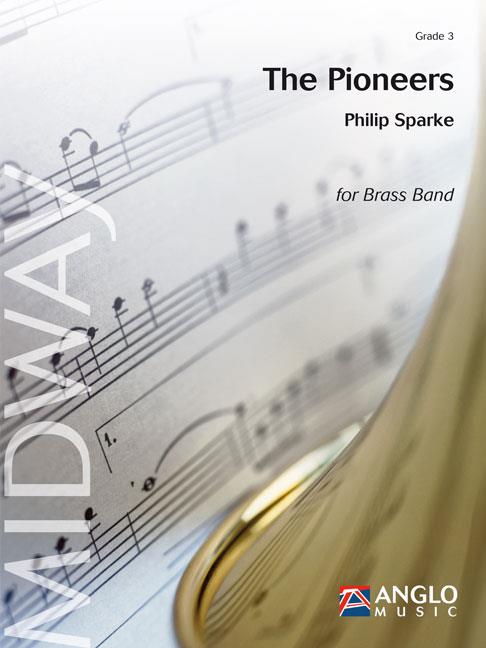 £69.99
£69.99The Pioneers (Brass Band - Score and Parts) - Sparke, Philip
In The Pioneers Philip Sparke salutes the bicentenary of an expedition by two all time American heroes - Meriwether Lewis and William Clark. They were commissioned by US President Thomas Jefferson to find the headwaters of the Missouri and a route to the Pacific following the Louisiana Purchase, which doubled the size of the USA. They set out as the 'Corps of Discovery' from Louisville, Kentucky, in May 1804 and not only did they succeed in reaching the Pacific through hostile territory, but also found their way back - in 3 years! The piece is not descriptive of the journey but gives the composer the opportunity to celebrate the 200th anniversary of this amazing feat. Add a touch of the wild-west to any concert with this exciting work.Duration: 5:30
Estimated dispatch 7-14 working days
-
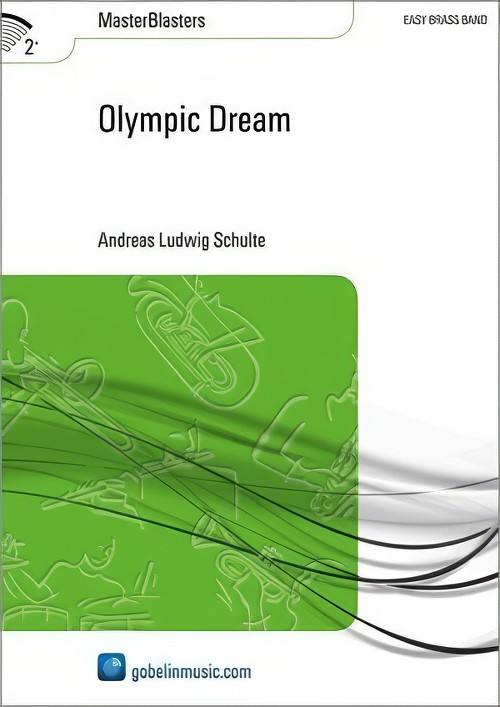 £76.99
£76.99Olympic Dream (Brass Band - Score and Parts) - Schulte, Andreas Ludwig
The world's most important sports event inspired Schulte to compose a magnificent new concert piece. In three parts he successively describes the opening ceremony (musical entry of the athletes), the hymn for the winner (an alluring ballad), and the party following the closing ceremony (rock party) during which all tensions disappear. Enter the world of the Olympic Games and enjoy!Duration: 7:30
Estimated dispatch 7-14 working days
-
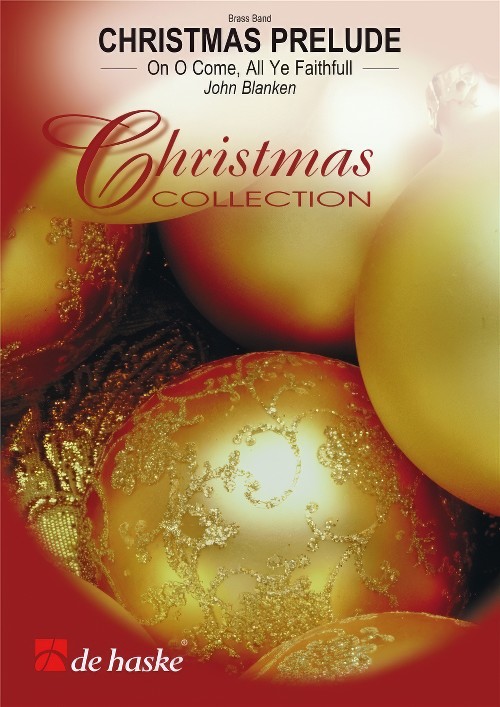 £54.99
£54.99Christmas Prelude (Brass Band - Score and Parts) - Blanken, John
Christmas Prelude is a festive composition on the Christmas carol O Come, All Ye Faithful. A quiet, march-like introduction, representing the procession to worship, is followed by three verses of the well-known carol: once from a quartet, then shared between the various instrumental groups. A festively embellished section leads to an interlude symbolising the start of Christmas celebrations, before a spectacular conclusion.Duration: 4:45
Estimated dispatch 7-14 working days
-
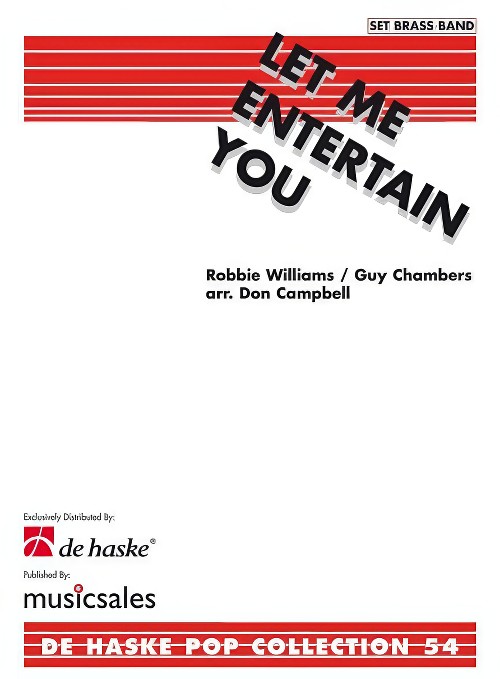 £84.99
£84.99Let Me Entertain You (Brass Band - Score and Parts) - Chambers & Williams - Campbell, Don
This is a must-play item for any light concert programme. Robbie Williams is currently considered to be the king of pop, with his massive hit Angels being voted the number one song in many charts of all time greatest pop songs. He appeals to an extremely diverse audience ensuring every person at your concert will leave singing the songs from this superb work. Duration: 9.15
Estimated dispatch 7-14 working days
-
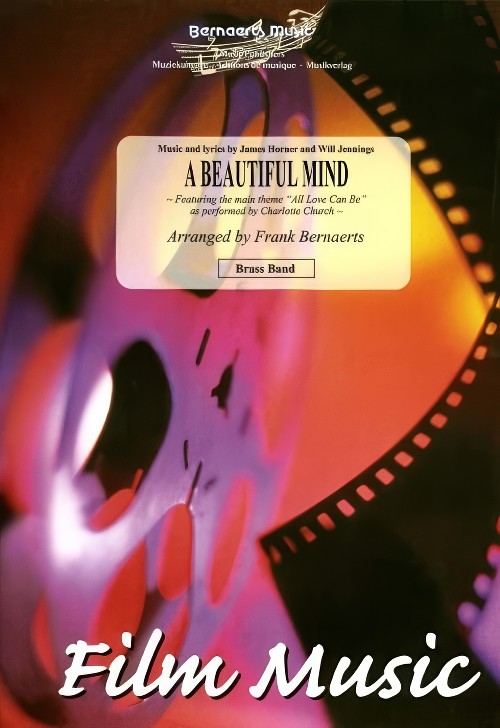 £53.99
£53.99A Beautiful Mind (Brass Band - Score and Parts) - Horner & Jennings - Bernaerts, Frank
Featuring the main theme All Love Can Be. Duration: 3.45
Estimated dispatch 7-14 working days
-
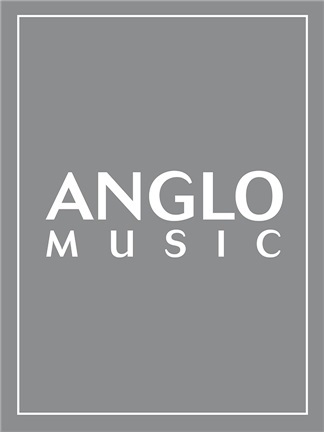 £69.99
£69.99Five Festive Fanfares (Brass Band - Score and Parts) - Sparke, Philip
This collection will provide fanfares for any occasion: concert opener, presentation ceremony or celebrations of all kinds. The variety of styles and durations (from ten seconds to two minutes) will ensure you will always find the right fanfare for the right moment.
Estimated dispatch 7-14 working days
-
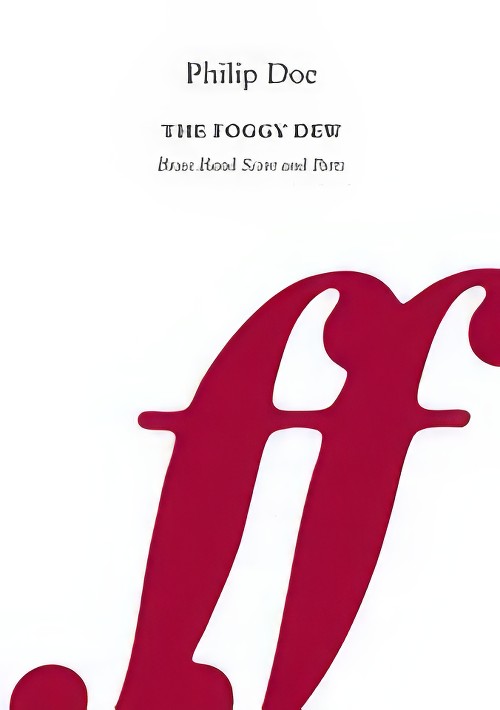 £17.99
£17.99The Foggy Dew (Brass Band - Score and Parts) - Doe, Philip
The Foggy Dew is one of those charming Irish melodies which seem to capture the beauty and serenity of that country, all of which is evoked in this delicate arrangement by Philip Doe. Suitable for Youth/4th Section Bands and above. Duration: 5.00
Estimated dispatch 7-14 working days
-
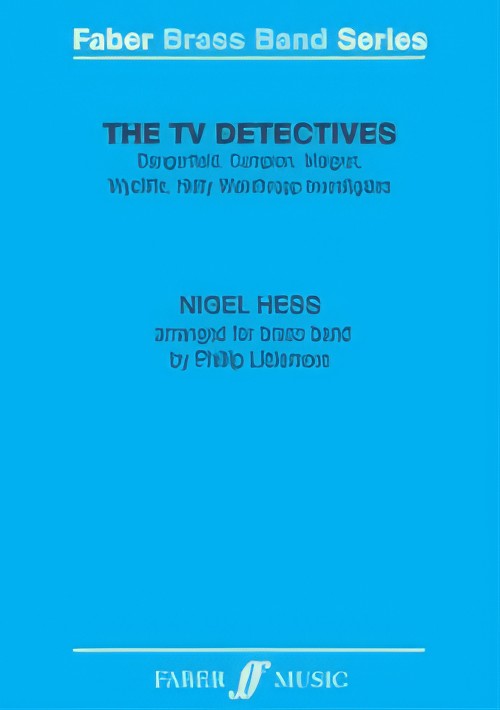 £55.00
£55.00The TV Detectives (Brass Band - Score and Parts) - Hess, Nigel - Littlemore, Phillip
The TV Detectives brings together five of Nigel Hess's best-known television themes (Dangerfield, Campion, Wycliffe, Maigret and Hetty Wainthropp Investigates), all originally written for small-screen sleuths in whodunits that have been enjoyed by TV audiences over the years. Suitable for Advanced Youth/3rd Section Bands and above. Duration: 8.00
Estimated dispatch 7-14 working days
-
 £54.99
£54.99Amazing Grace (Brass Band - Score and Parts) - De Haan, Jacob
Jacob de Haan arranged the famous piece Amazing Grace for four-part variable ensemble, which may be complemented with percussion. With this instrumentation, it is possible to play the piece with almost any combination of instruments. The piece opens with the song theme, which after a modulation, flows into an intermezzo, characterized by a free interpretation of the theme. The interlude reaches a climax introducing the finale where the melody can be heard once again in all its beauty.Duration: 2:30
Estimated dispatch 7-14 working days
-
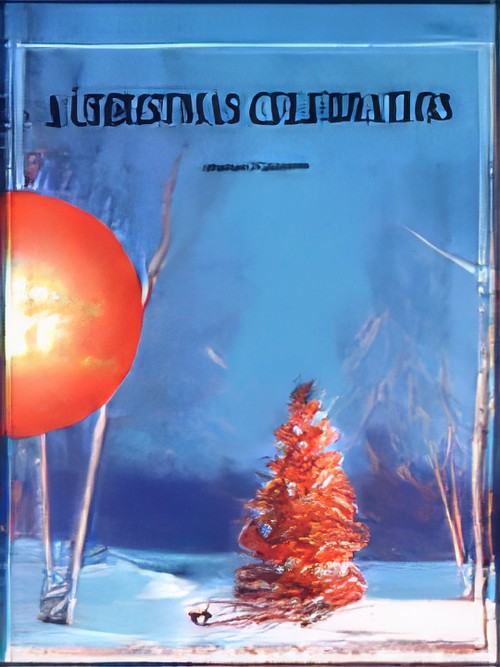 £84.99
£84.99A Christmas Celebration (Brass Band - Score and Parts) - Curnow, James
The Christmas season presents many wonderful occasions for celebrating the birth of Christ. From magnificent cathedrals to the ensemble on the street corner, instrumental settings of the great carols play a very important part in this celebration. A Christmas Celebration is a collection of sacred carols designed to be played by virtually any combination of instruments, from quartets and quintets of mixed instruments, to full orchestras and wind ensembles. The eight arrangements can be played as a complete work, or the director may arrange suites of his/her choosing. Includes: Fanfare on "O Come, All Ye Faithful," Coventry Carol, Good Christian Men Rejoice, Christmas Lullaby, Polish Carol, O Come, O Come Immanuel, In the Bleak Midwinter, and Christmas Bells.
Estimated dispatch 7-14 working days
